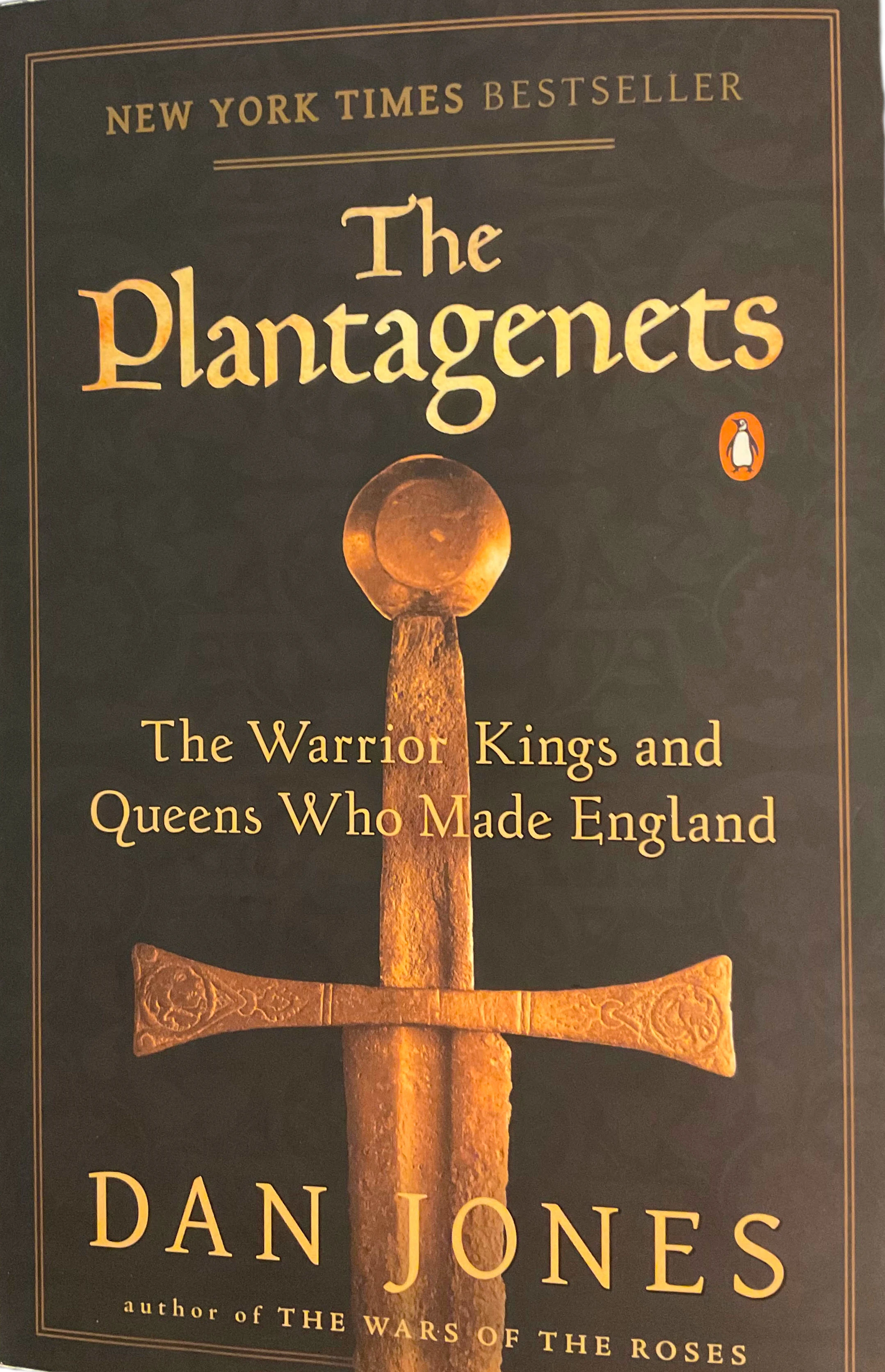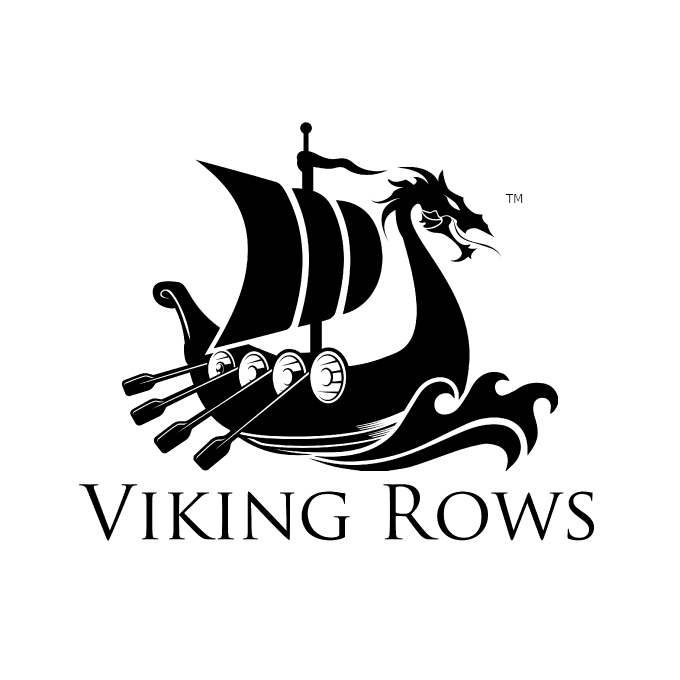
February 01, 2023
The Plantagenets: Rise Of The Angevins
A king who fights to defend his right Has a better claim on his inheritance. Struggle and largesse allow a king to gain glory and territory.Bertran de Born
Introduction
Ok, it’s probably not historically accurate to claim the French were the ones changing world history in the wake of the Battle of Hastings, so much as it was the Angevins. The Angevins, however, occupied much of modern day France at the time, but they were at odds with the French Kings of House Capet.
Its a complicated history. Suffice it to say, however, that Angevin Geoffrey Plantagenet was the forefather of a line of kings that ultimately ruled England, Scotland, Ireland, Wales, large swaths of modern day France, and even parts of the Middle East, during the Middle Ages.
The reign of the Plantagenet Kings was from 1154, starting with King Henry II, to 1399, ending with King Richard II. England was then ruled by House Lannister…I mean Lancaster.
Here are my top five takeaways on how power was obtained and maintained by the Plantagenet Kings in England in the Middle Ages:
First - Castles And Cathedrals
William the Conqueror introduced castles to England as a way of establishing his military dominance and control in the region. King William built the Tower of London as one of his first castles, which still stands and intimates to this day.
The Plantagenet Kings then built castles all over the place - England, Wales, Scotland, Ireland, etc - in order to similarly establish political and military dominance throughout the realm. Castles were also bargaining chips, freely given as much as taken away, from nobles in the name of political bartering and alliance building.
In addition to castles, cathedrals often accompanied the castles throughout the realm. Many of these cathedrals were extraordinaly designed and constructed providing strong testament to the power and influence the Catholic Church wielded throughout the realm, often arm-in-arm with the King (and sometimes not, as in the case of Thomas Becket).
Incidentally, one of my favorite cathedrals in Europe is actually in Germany - Freiburger Münster. When you enter such a cathedral, you cannot help but be in awe of its beauty and fabulous construction, not to mention the knowledge that Freiburger Münster has existed since the year 1120!
Displays of power and wealth such as the castles and cathedrals of the Middle Ages have no contemporary equivalent, sadly.
Second - Sea Power
The Normans had to have the sea coursing through their veins due to their Viking heritage. In addition, England, Scotland, Wales, Ireland and France all have significant coast lines to defend. The heritage of the invading people and geography of the land had large influences on the development of a strong Naval capability in England.
For example, one of the most famous English Naval battles was the Battle of Sluys, where King Edward III’s Navy decisively routed the French at sea at the beginning of the Hundred Years War.
Third - Getting Married For Love Is So Peasant
A Plantagenet King did not marry for love. A Plantagenet King married for money, lands and power. And so did the Queens!
Marriage at this level of governance was all about alliance building.
Strategic marriage alliances were critical in ensuring the dominance of the Plantagenet House. After Emperor Henry V in Germany died, King Henry I’s daughter, Maltida, was called back to England in order to help King Henry I establish some sort of succession strategy. It was Matlida who then wed Geoffrey Plantagenet, count of Anjou, which bound the English realm to the Angevin’s (who, you will recall, controlled much of France at the time).
When King Geoffrey and Matilda’s son, Henry II the duke of Normandy, married Eleanor of Aquitaine, the former Queen of France, their marriage created an even more powerful influence over Francia regions when Henry II and Eleanor succeeded as King and Queen of England.
Fourth - Royalty Is About Leadership
The Plantagenet Kings and Queens were very deliberate about obtaining and maintaining their power. Similarly, they also strived vigorously to ensure a succession lineage. Not providing an heir to the throne could prove very destablizing to the Kingdom not to mention House Plantagenet.
Once suitable heirs were produced, it was important to teach the heirs how to lead and to fight.
The responsibility of being born into Royalty was great, especially if you were born a male and destined for the throne. As such, leadership and warfare skills were critical to not only your survival, but survival of the Kingdom.
No pressure.
Five - People Of The Realm Matter
As the Plantagenet Kings grew from strength to strength and centralized more and more power amongst themselves, they began to act with selfish impunity toward the people of the realm. But even the powerful Plantagenet Kings could not wield absolute power without taking care of the people of the realm.
The Magna Carta was born from conflicts between royal leadership and the normal people. The Magna Carter first came about under the rule of King John. The Church, Bishops and people began demanding fairer treatment by the crown. People were being killed and imprisoned without due process of law; regular citizens were heavily taxed in order to help fund royal lavish living and wars.
The Magna Carter helped provide a legal framework to restrain absolute power in the realm while also protecting the Church and people.
Ever since, people in power have railed against such legal contracts as they serve to restrain absolute power.
Power tends to corrupt, and absolute power corrupts absolutely. Great men are almost always bad men.Lord Acton
Conclusion
The Norman King, William I, was, in my mind, simply a Trojan Horse from which the Angevin House Plantagenet sprang. House Plantagenet was essentially French (this is the French genes in me talking). The irony to me is that House Plantagenet caused England to fight against the French almost constantly during their centuries long reign.
England was ultimately changed for the better, however, as Dan Jones argues. The Plantagenets helped to form organized English society, the rule of law, the creation of the English language as it is today, while also fostering the memory of great myths, like King Arthur.
To this day, myths of the Middle Ages pleasantly resonate with many people, myself included.
Now, how do I go about building my castle…
Dream 10X et bon chance!
Ads
Relevant Links
James Caple
BLOG
podcast learning entrepreneurship innovation learning personal growth intelligence history normans plantagenets england uk castles cathedrals dan jones great british castles angevin
